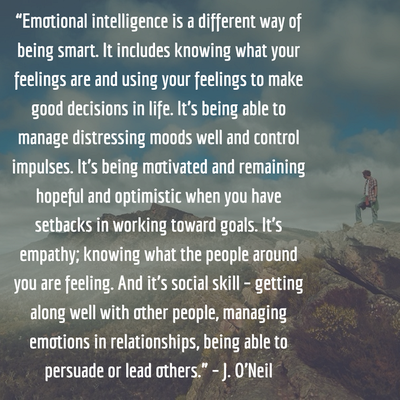We’ve all heard of the IQ test, the infamous test that determines your intelligence. It is the gateway to the best schools. Also, if you succeed, it gives you the chance to brag. But isn’t it petty to determine one’s intelligence simply by a single test? In the race for the perfect IQ score, emotional intelligence (EQ) can often get lost in the shuffle. Emotional intelligence is defined as the ability to understand, use and manage one’s own emotions. Its importance is often overlooked in favor of the more technical IQ score when in reality, emotional intelligence can have a big impact on your mental health, your interactions with others, and your performance at school or work. It has been proven that emotional intelligence is just as important as IQ. Despite its underuse, EQ is proof that there’s more than one way to be smart. You can find an EQ quiz here.
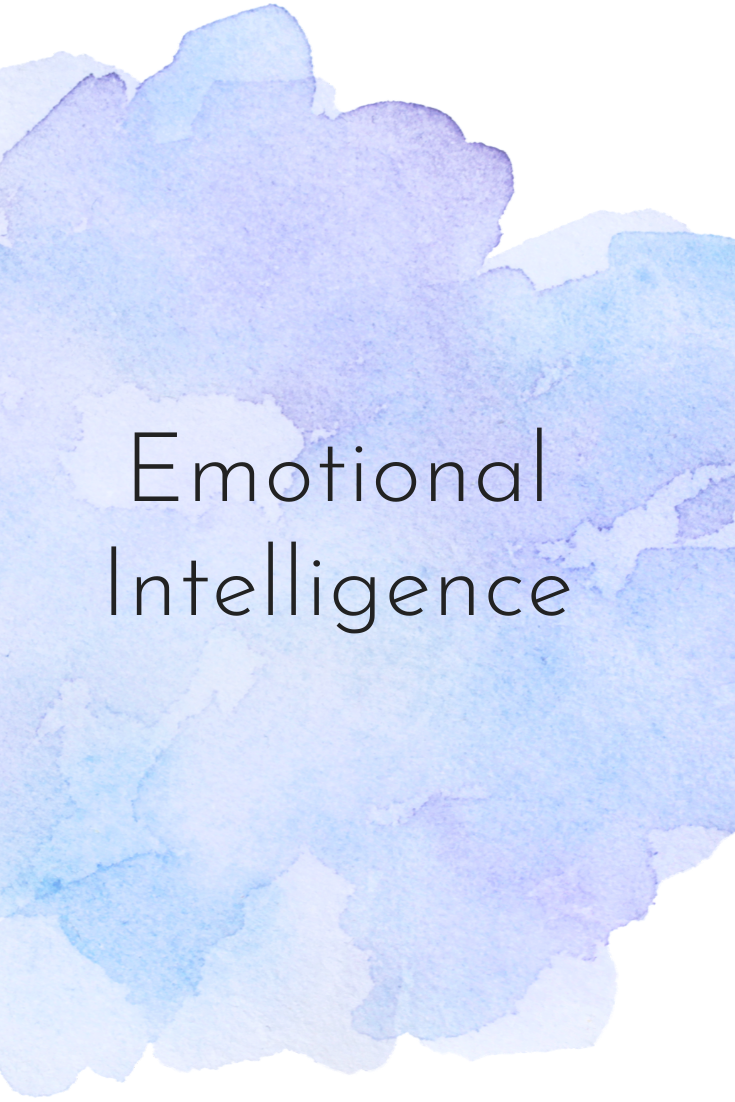
What is Emotional Intelligence?
Knowing what EQ is is the first step to truly understanding its importance in your life and how improving it can benefit you. EQ focuses on the skills you use every day and gives you the opportunity to learn more about ourselves and grow as people. When emotions are channeled instead of controlled, it alleviates excessive stress that comes from mismanaged emotions and helps you overcome your challenges. He is commonly known by these 4 simple attributes.
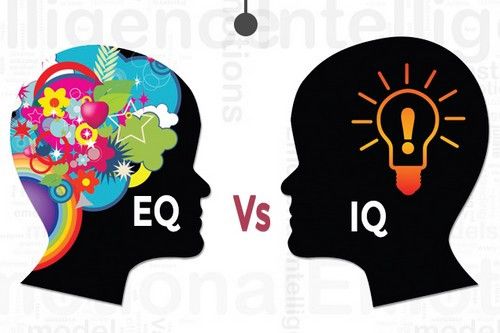
1. Self-management
Self-management is the part of emotional intelligence that deals with impulsive feelings and behaviors. Perhaps you have felt the inner conflict of reckless urges fighting against reasonable restrictions. The ability to manage these feelings is a skill, it is one that allows your emotions to be a healthy part of life rather than an obstacle to your health. Self-management requires you to demonstrate adaptability and self-discipline. A high score in this category means that you are aware of your impulsive desires and are able to control how you react to them. You find ways to express your emotions in healthy ways instead of letting them fester and take over your life.
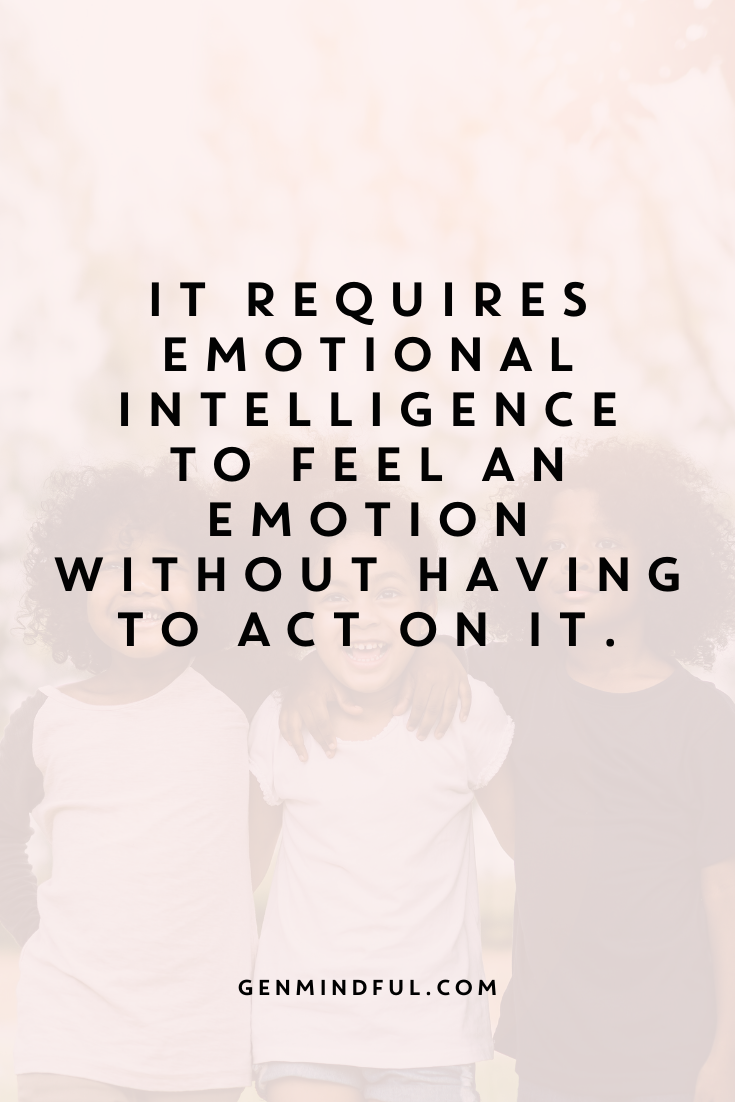
2. Self-awareness
Ask yourself this question: can you recognize how you are feeling right now? Self-awareness probes your emotional intelligence by asking you questions like this to determine how aware you are of your own emotions. So how self-aware are you? Do you acknowledge your emotions and, more importantly, are you aware of how your emotions affect your thoughts and behavior? Self-awareness asks you to know your strengths and weaknesses. The first step is to understand what your feelings are. Be honest with yourself, feelings are messy and out of control. There are some we all like to avoid, but knowing these parts of yourself can help.
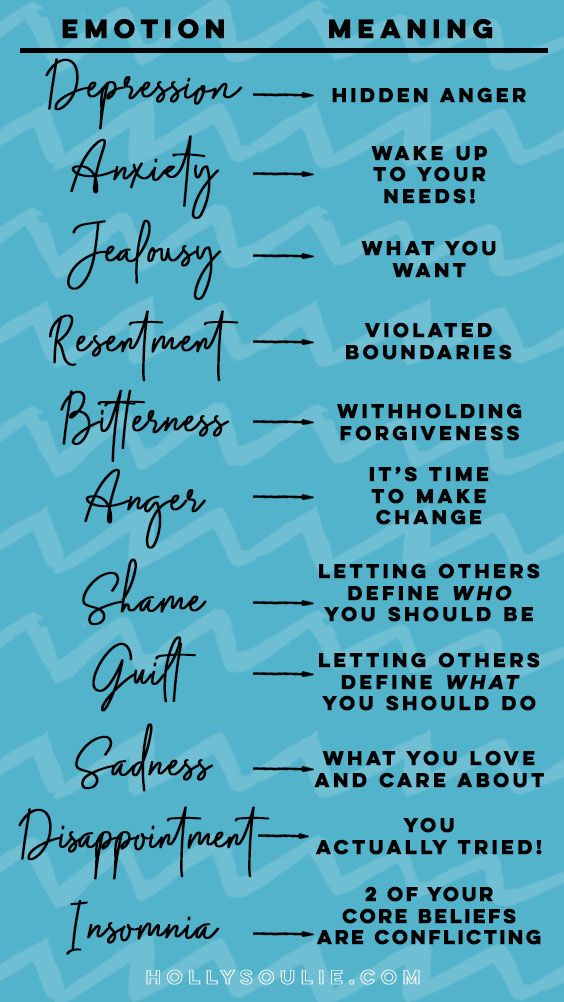
3. Social awareness
Now that you know yourself, do you know the others? Social conscience asks you to be empathetic. Understanding your emotions, needs and concerns is the first step, the second is to use your new intelligence to connect with someone else. Being advanced in this attribute means you are able to pick up emotional cues from others, feel socially comfortable, and recognize group dynamics. This is important in almost every interaction you have. Connecting with people starts with listening and trying to understand, and sometimes you have to walk a mile in their shoes.
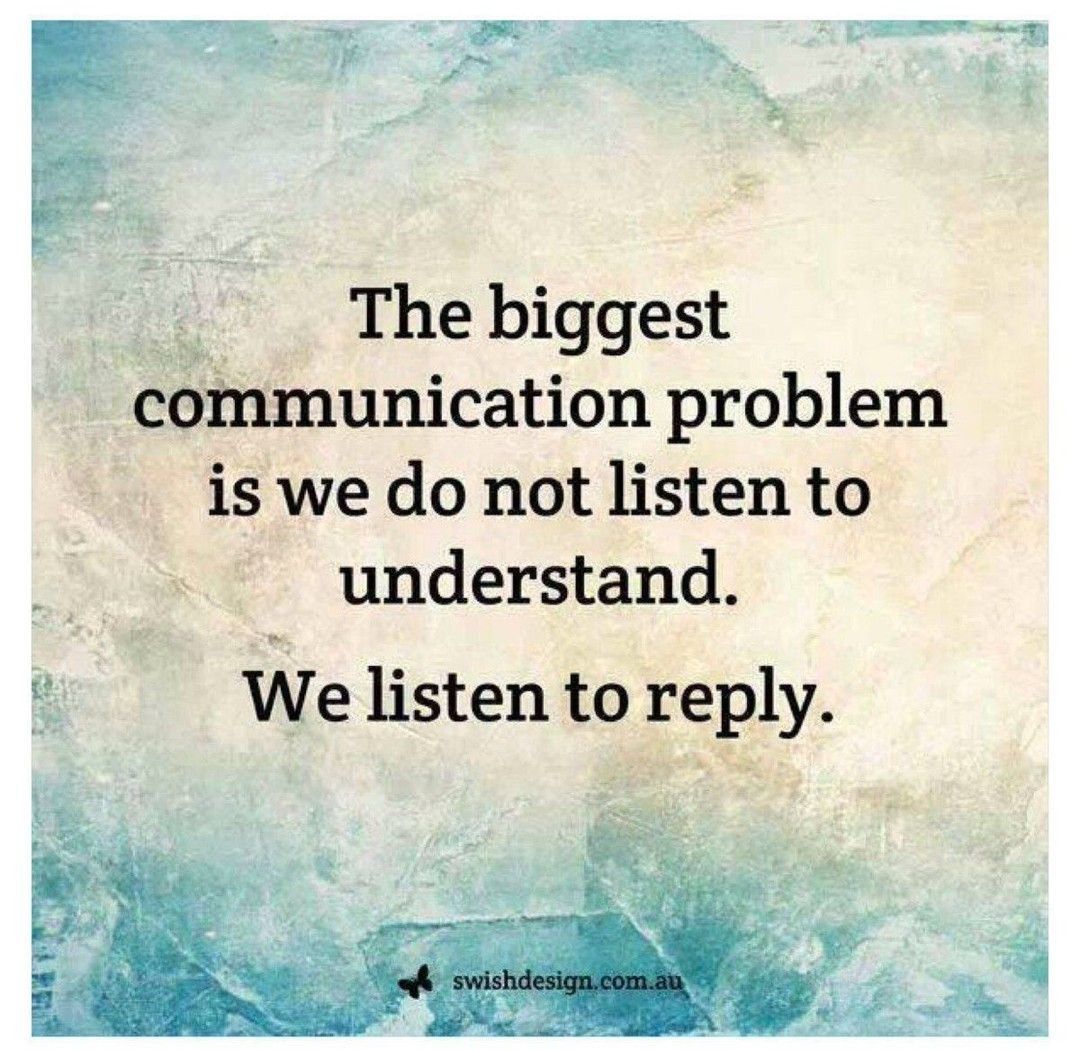
4. Relationship Management
If you score high in this category, it means you have good connections. You are able to communicate clearly and therefore you have the ability to influence others. Having good relationship management allows you to work well in a team or group. It gives you the skills to manage conflicts, so they don’t get out of hand.
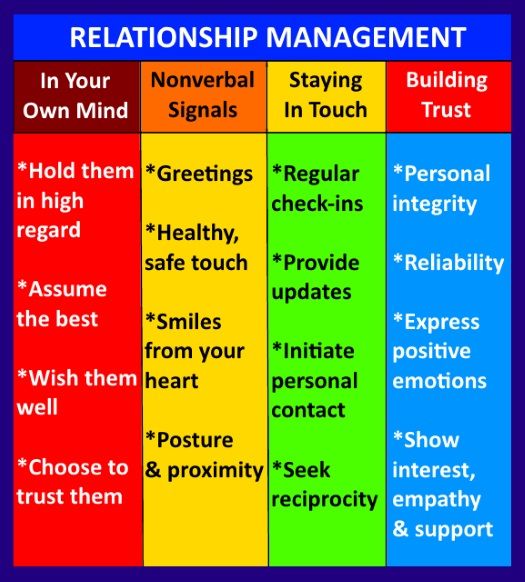
Why emotional intelligence is important
The question remains. Why is emotional intelligence important? Of course, we would all like to manage emotions, understand social cues and build good relationships, but what effect does emotional intelligence have on our life as a whole, and is the result worth the effort? improve your EQ? The 4 major impacts that improving EQ has on your life can inspire you to put in the extra work.
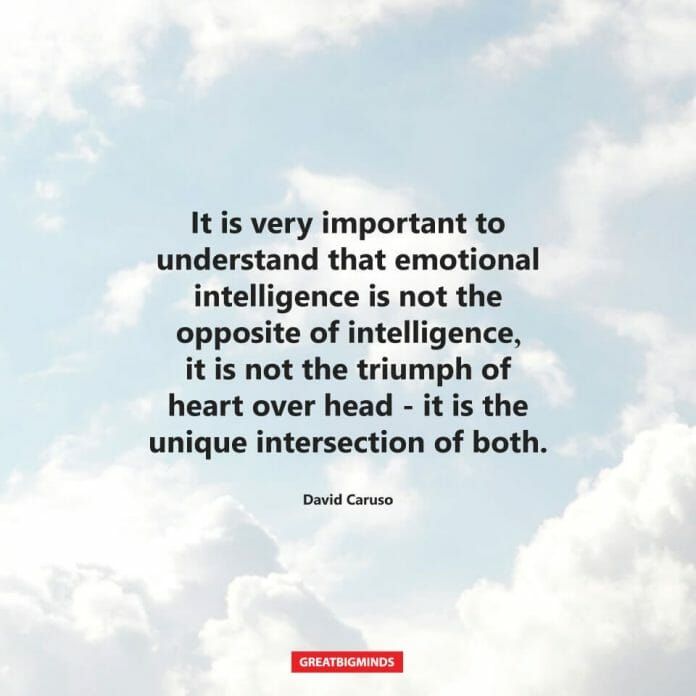
1. Performance at school/work
Going to school or work every day can be a tough undertaking. There are social complexities, constant surprises and generally a lot of anxiety. Having a high EQ allows you to easily manage these complexities. Social cues aren’t a problem when you have a solid foundation for understanding other people’s emotions. Understanding how you feel and what exactly that means gives you the ability to enjoy surprises rather than being caught off guard and unable to adapt. The world we live in today is full of constant stresses. Learning to accept your emotions and react to them as you wish is paramount to your success.

2. Relationships
Relationships are full of complexities that always find ways to puzzle us. Having a high EQ is the first step to truly connecting with your partner. Empathizing with their needs and emotions creates a bond that stands the test of time, a bond that is the basis of much laughter and connection. EQ’s built-in vital communication skills provide the perfect study material before the date, so you can be heard and understood by your counterpart.

3. Physical health
Having a low EQ can be bad for your health. The inability to understand and channel your emotions can lead to high blood pressure, a weakened immune system, an increased risk of heart attacks and strokes, and an accelerated aging process. EQ is responsible for helping you deal with stress and anxiety, without focusing on the impact of both on your health, making you vulnerable to these concerns.

4. Mental Health
It’s no surprise that EQ can have drastic effects on your mental health. Having a low EQ can make you vulnerable to anxiety and depression. Being unable to accept and embrace your emotions can leave you feeling isolated and unhappy with yourself. On the other hand, improving your EQ may be the way to fully embrace yourself and start your journey to better mental health. 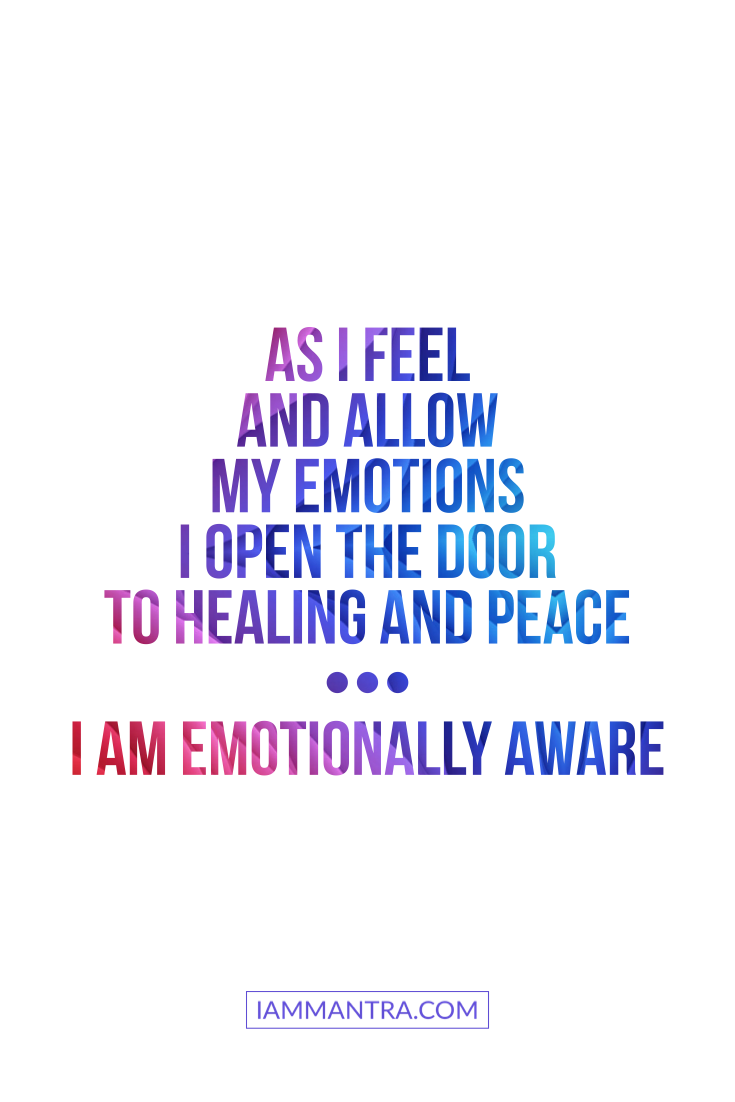
How do you improve your EQ?
There are many different ways to work towards improving your EQ score. Most of these tips are simple and can be applied daily without too much hassle. These are the steps to take on your journey to your new EQ score, one that truly reflects your emotional intelligence and self-esteem.
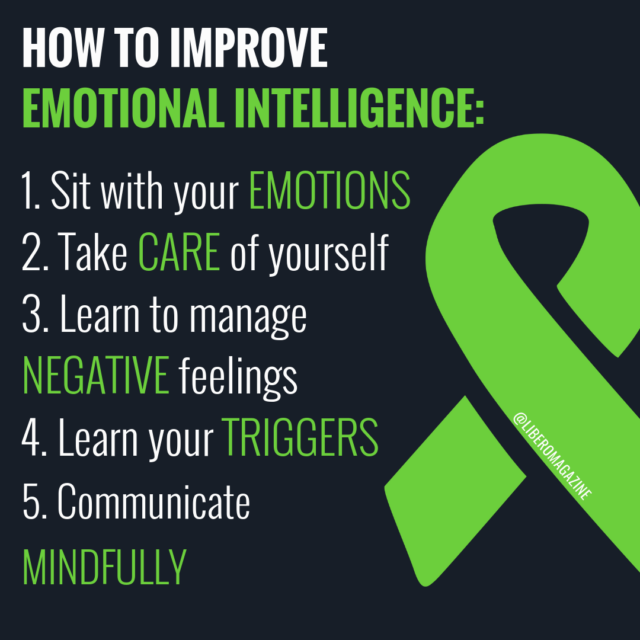
1. Practice self-awareness
Make an effort to be aware of what you are doing and how it makes you feel. Out of the blue or when you’re in the middle of something big, you might wonder how you feel about what’s going on. We all think we know ourselves, but this exercise can relieve us and help us understand what we don’t know about ourselves. Really work on being honest with yourself. Maybe you didn’t realize that you twirl your hair when you get nervous or jealous of a classmate’s new jacket. It’s a good idea to keep a journal and write down how you feel. You now have the opportunity to understand us better and predict how we are going to feel next.
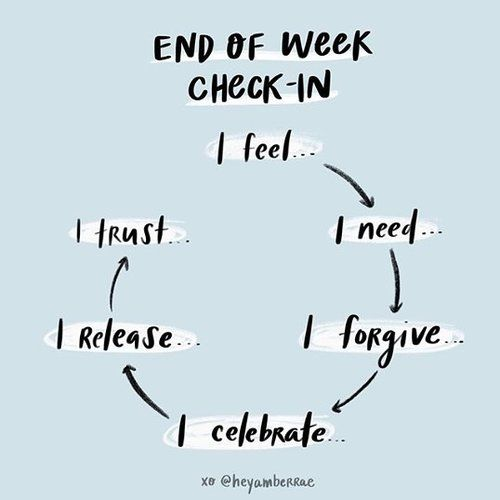
2. Channel your emotions
We all have emotions. No matter how hard we try, they cannot be controlled; however, they can be channeled. That pre-exam stress can be your fuel for a practice session or a bad day can be your inspiration for a short story. It helps to maintain a schedule and stay on track with personal goals. Don’t try to exclude emotions from your life, instead value them and learn to incorporate them into your daily plan.
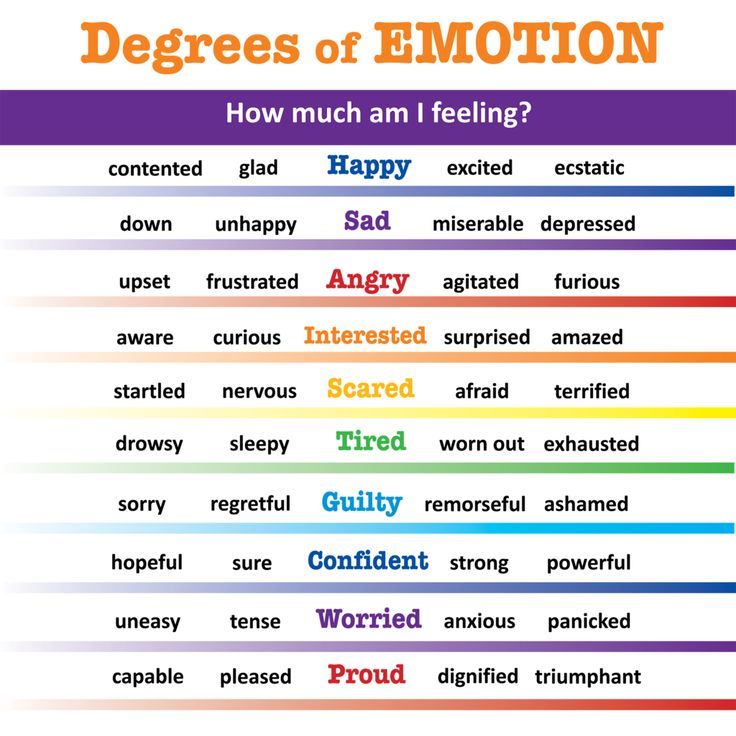
3. Practice social skills
When you’re in public, make an effort to keep an open mind. Take a step back and be open to new things. Try to put yourself in someone else’s shoes and empathize with their situation. If you have curiosity about others, encourage it and use the experience to broaden your cultural horizons.

4. Stay motivated
Staying motivated can be a hard thing to do. Be positive and realistic with yourself, work on understanding your weaknesses and cultivating your strengths. Eating well, stretching, and exercising can help. Reach out and keep learning. Don’t let your potential become trapped, rather push yourself out of your comfort zone and into the world of new possibilities.

Finally, here are the things to avoid on your journey to emotional intelligence.
Don’t let your mind be cluttered with drama.
Try not to complain too much.
Walk away from debilitating negativity.
Try to avoid selfish behavior.
Don’t fall victim to peer pressure.
Avoid becoming overly critical of yourself.
Don’t dwell on the past.
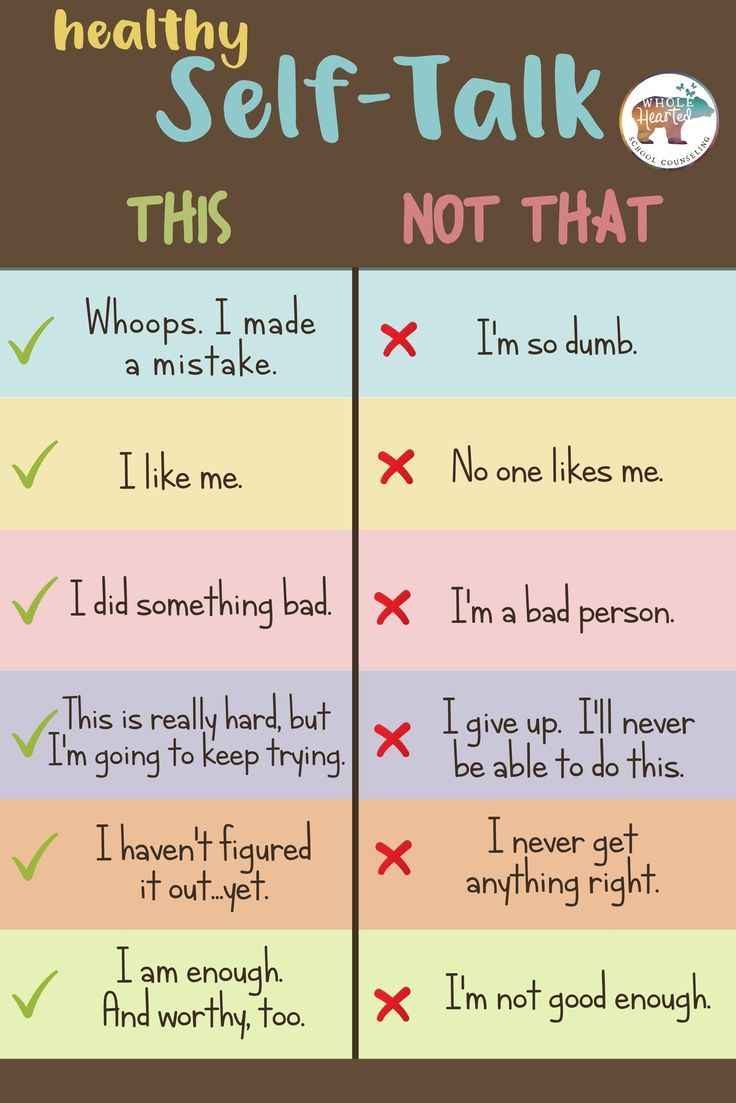
Emotional intelligence. It is the gateway to the inner world of our emotions; it provides the stepping stones to success in school and work, better mental health and better relationships. Enhanced by quick and easy techniques such as keeping a journal, setting goals, and asking yourself questions, EQ is the intelligence that allows you to truly understand yourself. There’s more than one way to be smart, emotional intelligence proves that IQ isn’t the only intelligence that matters.
